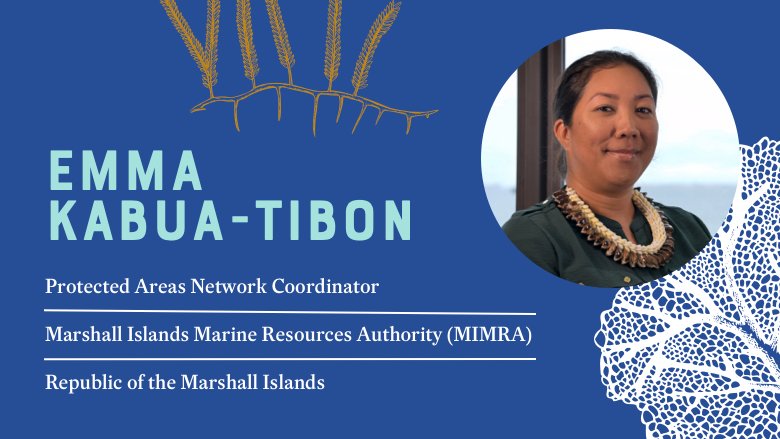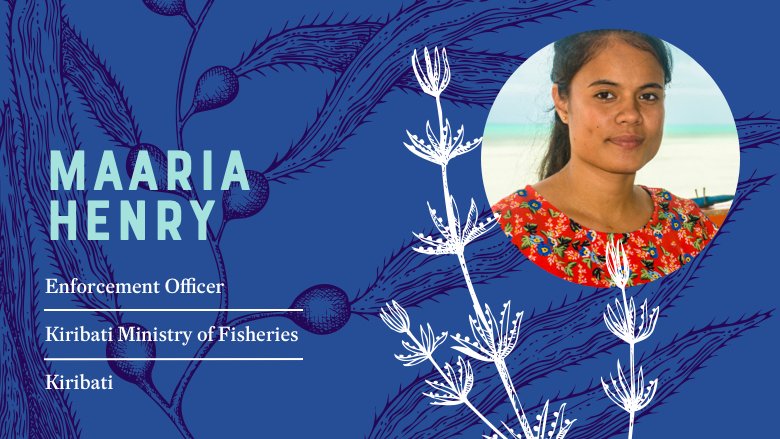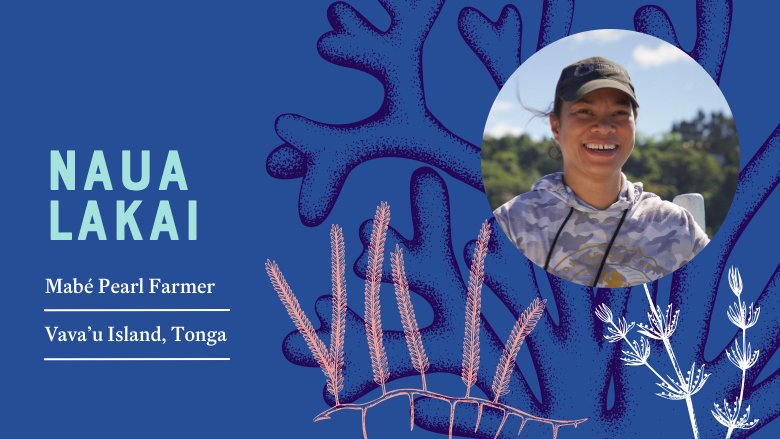The ���� is far more than just a fashionable term in the Pacific region. It is a reminder that what some people consider the world��s smallest countries are, in fact, among the largest.
Measured in land area, most Pacific islands look like specks on a map, yet Kiribati, Marshall Islands, Micronesia and Papua New Guinea are all among the on the planet. Many Pacific islanders are born �C and live their entire lives �C within a short walk of the shore. The ocean is their playground, their workplace, their life.
Managing this vast expanse requires a significant effort. Deep water fisheries need careful stewardship, as do coastal fish stocks and marine habitats. Each of these areas comes with its own challenges and its own priorities. If the Pacific��s Small Island Developing States are to become the Big Ocean states that they aspire to be, they must find a balance in protecting and managing both.
Climate change adds additional complexity. Increasingly severe cyclones impact coastal areas, rising sea levels, and warming ocean waters are leading entire deep-water fish populations to migrate eastward. These exacerbate the pressures Pacific nations face.
It is with these significant shifts in mind that the World Bank is supporting the Pacific Islands Regional Oceanscape Program (PROP), which is working with seven countries and the regional Pacific Islands Forum Fisheries Agency (FFA), to support the management of the region��s greatest wealth: the fish stocks of the Pacific Ocean and the environments that support them.
With support from PROP, FFA has been providing essential training to regional fisheries observers, helping improve their safety �C �C and building a better shoreside inspection regime. And FFA, with the Office of the Pacific Ocean Commissioner, is supporting to help Pacific commercial fishing operators prosper, and ensure communities can preserve and protect their local marine habitat.
Back to the future in Marshall Islands
On the high seas and in their coastal waters, Pacific countries face increasing challenges: guarding fish stocks that provide sustenance and livelihoods, and safeguarding the habitats that these fish inhabit. Both are key components of PROP support.
Marshall Islands�� challenges extend across its vast oceans and onto its shores. Population pressures, sea-level rise, and pollution are stressing the country��s inshore marine environment, with the government responding through a strategy known as Reimaanlok to deliver on the commitment of all Micronesian countries effectively managing 30% of their coastal marine resources, and 20% of their land resources, by 2020. Using the framework, the Marshall Islands successfully achieved the 2020 commitment and is now targeting the 2030 challenge to effectively manage 50% of coastal and 30% of land resources.
��Oftentimes, people don��t think about their actions and how it will impact their resources and future generations,�� says Emma Kabua-Tibon, MIMRA��s Protected Areas Network Coordinator. ��[Reimaanlok] is a Marshallese term meaning ��look towards the future��. ��[It] is a very powerful word."
With support from the World Bank, MIMRA��s Reimaanlok strategy takes traditional knowledge that has endured and grown over centuries, and strengthens it with rigorous scientific studies of the local environment. This then serves as the basis of community conservation efforts, helping them to be more widely supported, better focused, and have a measurable impact on Marshallese lives.
A changing of the fishing guard in Kiribati
Kiribati has just 811-square kilometers of land, yet it has the 12th largest exclusive economic zone (EEZ) in the world, with fishing-related products making up over 94% of the country��s exports. And with the support of the World Bank through PROP, the government is improving working conditions for ocean fisheries observers, and tackling inshore fisheries issues, too.
Maaria Henry is one of a team of Fisheries Enforcement officers, whose role is to work with domestic ship owners, officers, crew, and commercial vendors to ensure their harvest is sustainable. Having recently graduated with a degree in Marine Biology, Maaria��s passion for the sea is evident in everything she does. ��I feel like Moana,�� she says. ��I��m in love with the ocean.��
With support through PROP, the government of Kiribati has amplified Maaria��s voice; empowering her to work with the people who catch and sell fish locally, work that Maaria says is a learning process; one where her team are regularly reviewing and refining their methods as they go.
Pearls of ideas in Tonga
Similar thinking is driving new approaches to aquaculture in Tonga, too. When COVID-19 restrictions abruptly ended cruise ship travel, Tonga��s Mab�� pearl vendors, who had been slowly growing their industry, lost their only market. Yet with World Bank support through PROP, the Tongan Ministry of Fisheries was able to create new markets in Hawai��i.
��Our tourism business is locked down,�� says Fai��ana Fukofuka, who runs her family��s boutique resort, whale watching service and most recently, a pearl farm in Tonga��s Vava��u group of islands.
��I��m very grateful and thankful that I��m involved in pearl farming, which is another option for me. With the pearls, we do exports. We don��t need the tourists to come. We still can export our product.��
Better monitoring and protection of fisheries in Solomon Islands
Work delivered under PROPER includes the expansion of the electronic monitoring and reporting on long line fishing �C work that will improve both the accuracy of reporting (compared to traditional surveys, paper logbooks and observers counting what fish vessels are catching and tossing back). This work will improve the safety of those working as Observers �C critical work given how prone to illegal activity long line fishing can be.
The first phase of the US$74 million Pacific Islands Regional Oceanscape Program is supported through a US$68m grant from the World Bank��s , the World Bank��s fund for the world��s most in-need countries, together with a US$6 million grant from the .



